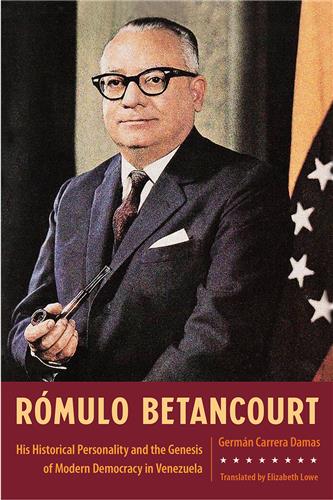African-Brazilian Culture and Regional Identity in Bahia, Brazil
Scott Ickes
Paper: $27.95
- Series: New World Diasporas
Salvador, the capital of the state of Bahia, is often referred to as "Brazil’s Black Rome." Culturally complex, vibrant, and rich with history, its African-descended population is one of the largest in Latin America. Yet despite representing a majority of the population, African-Bahians remain a marginalized racial group within the state as a whole.
In African-Brazilian Culture and Regional Identity in Bahia, Brazil, Scott Ickes examines how in the middle of the twentieth century, African-Bahian cultural practices such as capoeira, samba, and Candomblé during carnival and other popular religious festivals came to be accepted as essential components of Bahian regional identity. Previously, public performances of traditionally African-Bahian practices were repressed in favor of more European traditions and a more "modern" vision.
Newfound acceptance of these customs was a democratic move forward, but it also perpetuated the political and economic marginalization of the black majority. Ickes argues that cultural-political alliances between African-Bahian cultural practitioners and their dominant-class allies nevertheless helped to create a meaningful framework through which African-Bahian inclusion could be negotiated--a framework that is also important in the larger discussions of race and regional and national identity throughout Brazil.
Scott Ickes is assistant professor of history at the University of South Florida.
- Sample Chapter(s):
- Table of Contents
- Excerpt
" A provocative tour de force"
--CHOICE: Current Reviews for Academic Libraries
“With rich documentary material from press reports, letters, internal memos, and popular songs, Ickes’s book fills a major gap in the historiography of regional identity in Bahia and has much to offer to historians, anthropologists, literary critics, musicologists, and scholars of other disciplines.”
--Hispanic American Historical Review
An important book that adds significantly to understandings of regional identity in Bahia in the twentieth century as well as the cultural and racial politics of Brazil.
--The Americas
One of the most encompassing studies on different aspects of several traditions of African origins in Bahia.
--Luso-Brazilian Review
Focuses on a hitherto understudied historical period and offers an approach which does not solely concentrate--as other studies have tended to do--on the actions of African-Brazilians or the influence of anthropologists and artists within African-Brazilian culture....Ickes’ contribution is very welcome, as, paradoxically, it provides an apparently more conventional narrative of history from the perspective of the powerful.
--Bulletin of Spanish Studies












